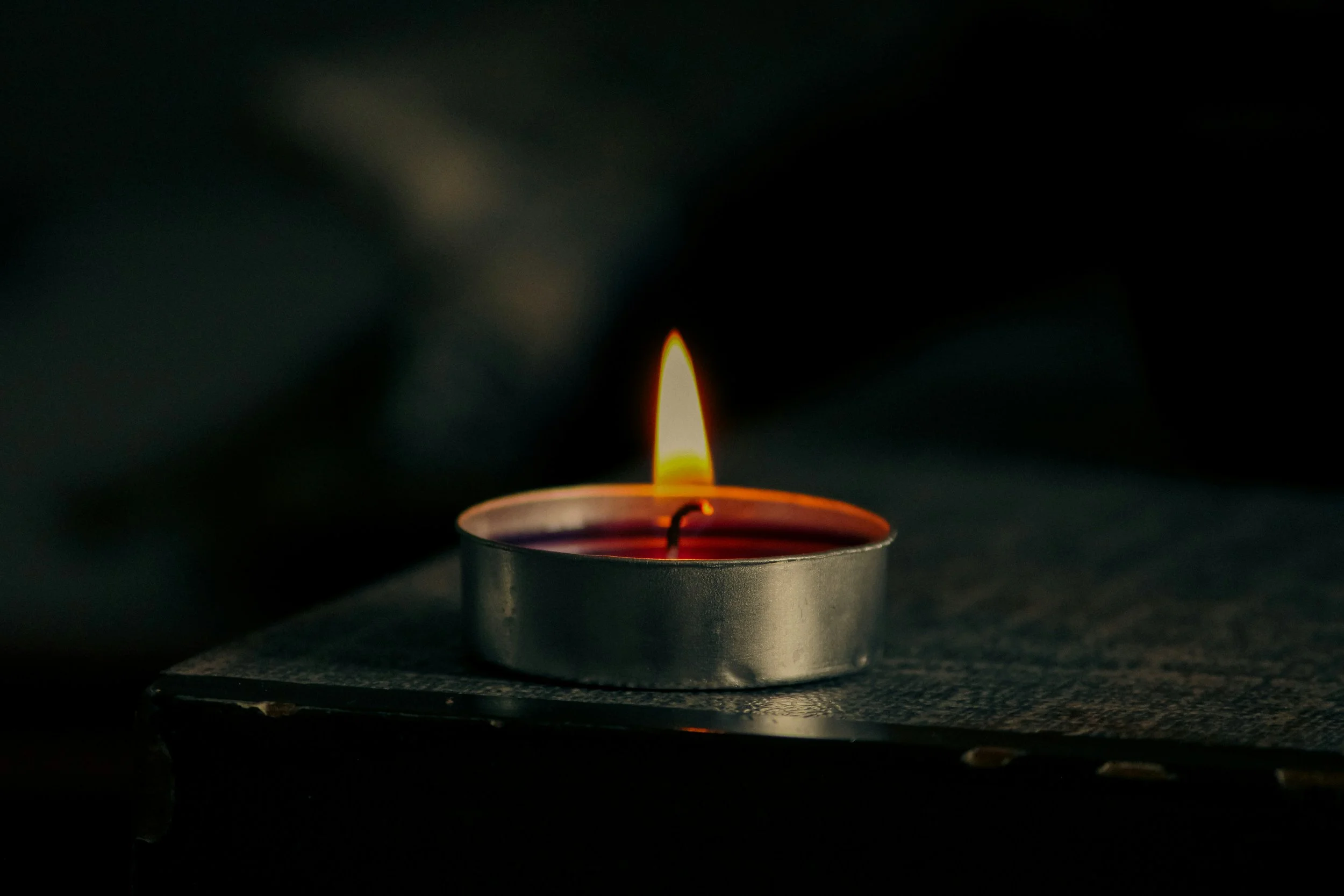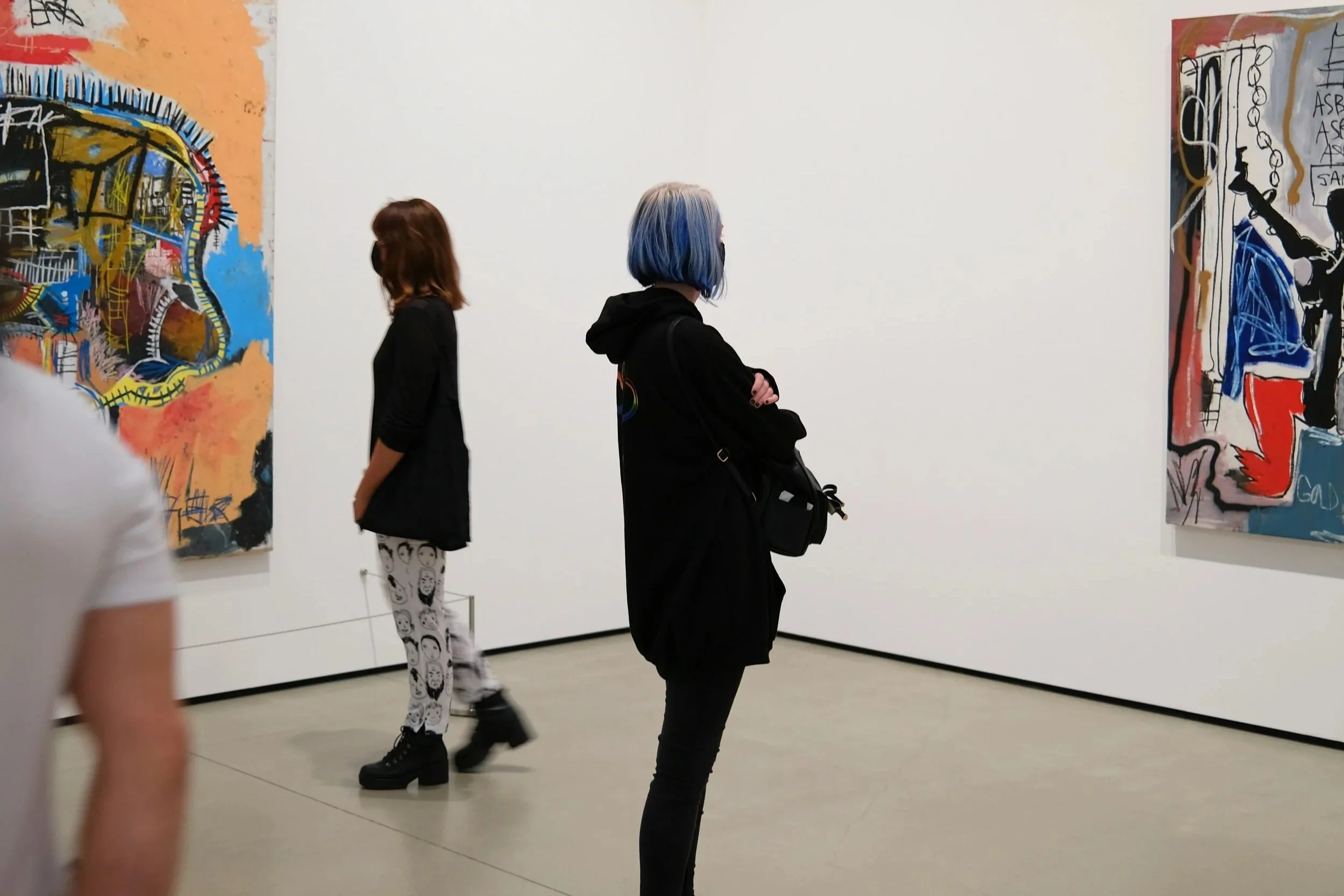The Body’s Way of Saying “Enough”: Listening When You’re Carrying Too Much
Days always seem to have a way to speed up before you’re ready.
The errands, the invitations, the logistics, the emotional labor.
Even the air feels rushed.
And somewhere inside that rush, your body has already begun to speak.
Sometimes it whispers. Sometimes it raises its voice.
Sometimes it shuts down altogether because it doesn’t know what else to do.
If you’re feeling frayed or overstretched right now, it doesn’t mean you’re doing something wrong.
It means your system is telling the truth.
When Your Body Knows Before You Do
Many people move through the world as if the mind is the authority and the body is supposed to “keep up.” But the body is often the one who notices the load first.
You might feel it as a sigh you didn’t mean to release.
Or the way your hands tremble slightly when you finally sit down.
Or how your shoulders stay lifted long after the stressful moment has passed.
These small signals are not weakness.
They’re wisdom.
Your body remembers every season you pushed through. Every moment you swallowed your needs because others leaned on you. Every year you were the steady one, even when your foundation wobbled.
So when the holidays arrive with their extra layers of expectation, your system may send stronger messages. Not to punish you. To protect you.
There are quiet ways that your body says that “this is too much.”
Your body may not use words, but it has its own language.
Sometimes it speaks in fogginess, like your thoughts are moving through thick air.
Sometimes it speaks in tension, a tight jaw or rigid back that won’t let go.
Sometimes it speaks in exhaustion, not the kind sleep fixes, but the kind that settles in your bones.
Sometimes it speaks in irritation, a sudden edge in your tone that surprises even you.
And sometimes it speaks in numbness, a gentle shutting down so you don’t have to feel what’s overwhelming.
Every one of these is a nervous system strategy. A way of saying, “I’ve reached my limit.”
1. Name What You're Feeling—Without Censoring It
You don’t have to be “okay” with Father’s Day.
You don’t have to post a tribute.
You don’t have to be at peace.
Let yourself tell the truth.
Maybe it’s grief.
Maybe it’s rage.
Maybe it’s nothingness—which can feel just as heavy.
There is power in naming what hurts. Start there.
2. Write the Letter You Never Got to Send
Whether your father is gone, estranged, or emotionally unavailable, writing can be a healing act.
Write a letter that says what you’ve never been able to say.
Tell the truth. Let it be raw, unedited, unfinished.
You don’t have to send it. This is for you.
A space to speak what’s been sitting in your chest.
3. Create a Ritual That’s Yours
You don’t have to follow anyone else’s script.
Maybe you light a candle and sit in silence.
Maybe you play the song you danced to as a kid.
Maybe you take a walk, barefoot on the grass, and talk to the version of you that needed more.
Rituals help us process grief and reclaim meaning. Even a small one can anchor you.
4. Say No to What Doesn’t Feel Right
You are allowed to opt out of the BBQ.
You don’t have to scroll through social media tributes.
You don’t owe anyone a cheerful brunch if you’re breaking inside.
This is not about being bitter. It’s about being honest.
Protect your energy. You don’t need permission.
5. Let Yourself Be Loved—Even If It’s Not From Him
Here’s the quiet heartbreak of Father’s Day: it touches the ache for love we didn’t receive.
But what if you allowed yourself to receive love—from a partner, a mentor, a friend, your own inner father?
Let someone pour you a cup of coffee. Let your dog curl in your lap. Let the breeze remind you: you are still worthy of care.
Father’s Day can bring up old wounds, yes.
But it can also become a space to offer yourself the care you always deserved.
You’re Not Alone in This
If Father’s Day feels like a bruise you can’t explain—
if you’ve ever sat in the quiet wondering why this day wrecks you—
please know this:
It’s not just you. And it makes perfect sense.
Grief isn’t just for the fathers we lost.
It’s for the fathers we never had.
The moments we were never given.
The versions of ourselves we’re still trying to heal.
You’re allowed to feel all of it.
And when the noise of the world gets loud, may you return to the quiet place inside that knows:
This too is part of your healing







